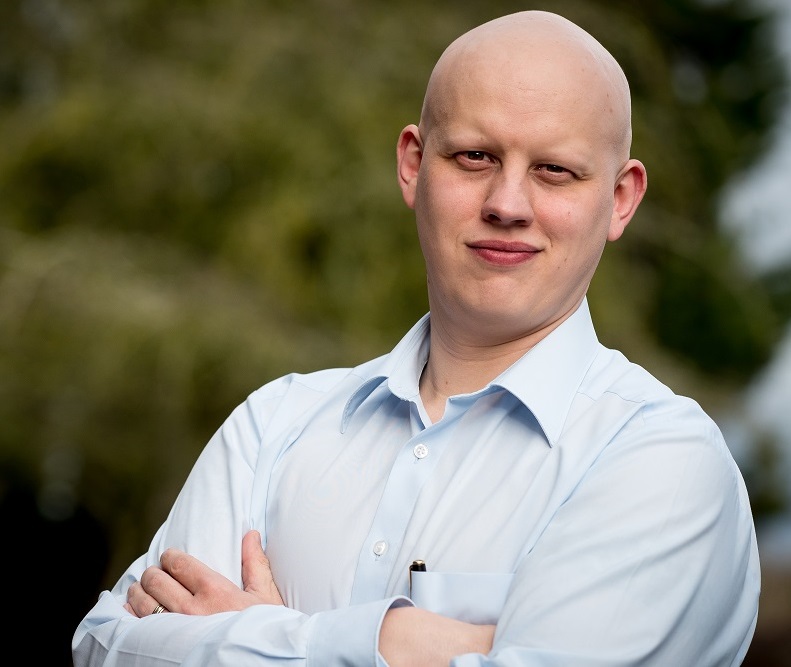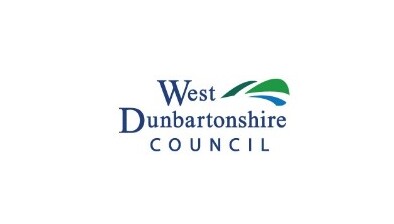Dr Yoric Irving-Clarke: Make a Stand - one year on
CIH policy and practice research officer Dr Yoric Irving-Clarke talks to some early Make a Stand pledges.

Dr Yoric Irving-Clarke
Now Make a Stand has been running for a little of a year I have been catching up with some of the early adopters to talk to them about the changes they have made and impact upon their organisations.
Signing up to Make a Stand means committing to fulfil four pledges, to:
- Put in place and embed a policy to support residents who are affected by domestic abuse
- Make information about national and local domestic abuse support services available on your website and in other appropriate places so that they are easily accessible for residents and staff
- Put in place a HR policy, or amend an existing policy, to support members of staff who may be experiencing domestic abuse
- Appoint a champion at a senior level in your organisation to own the activity you are doing to support people experiencing domestic abuse
I have spoken to Berneslai Homes, Homes in Sedgmoor and Derwent Living about the changes they have made, this is what I learnt.
- Don’t reinvent the wheel (unless you need to)
All three had existing policies they could use as a basis for their new one. For example, Homes in Sedgmoor had a policy for their tenants and domestic abuse that covered reporting but have reviewed this and it is now much more detailed. Berneslai had a ‘vulnerability strategy’ to enable intervention where staff felt something was not right, they have pulled out the sections on domestic abuse from this and from other policies and now have one overarching policy for dealing with domestic abuse. Derwent Living have also renewed an existing policy on dealing with domestic abuse. The first pledge is to “put in place a policy,” this could be a standalone policy but could also be part of a wider “wellbeing policy” or similar.
- Involve your partners
In reviewing their policies, all three organisations used existing stakeholders to ensure what they were doing was right. Derwent Living used their customer scrutiny process and changed the new policies in line with the feedback they received. Berneslai have engaged IDAS (a Yorkshire-based domestic abuse charity) as a critical friend on this and other areas of their work on abuse; whilst Derwent Living involved their customer scrutiny panel in reviewing their policies and processes. They also plan to include both staff champions and customer ambassadors in their training programme to support the pledges. On a more practical level, Homes in Sedgmoor is utilising its ‘community hubs’ to facilitate joint working between agencies and this has led to engagement about domestic abuse to both tenants and non-tenants.
- Use Make a Stand to drive wider culture change
Both Berneslai Homes and Derwent Living told us that they are using the Make a Stand pledges to drive a wider change in their organisations and the way they deal with domestic abuse.
Berneslai Homes told me that they have given managers specialist training around managing situations around abuse and will be training up to 30 staff volunteers to support other staff members in dealing with abuse. Away days for front line staff also include domestic abuse as a key theme, and staff are trained to show ‘professional curiosity.’ Berneslai were clear that they wanted to drive a culture change in their organisation and change the way they spoke about and dealt with abuse.
Likewise, Dewent Living told that they were using Make a Stand to open up conversations about domestic abuse across the organisation and make it a more open subject. They’re planning training for all staff on domestic abuse as well as for ‘customer champions’ and volunteer ‘staff champions.’ Their internal auditors will also looking into Derwent’s wider safeguarding processes to ensure they are aligned with their policies around domestic abuse, people trafficking and modern slavery.
Whatever you and your organisation choose to do, signing up to the Make a Stand pledges will help you to support people who are suffering domestic abuse.
This article was originally published on the CIH website








